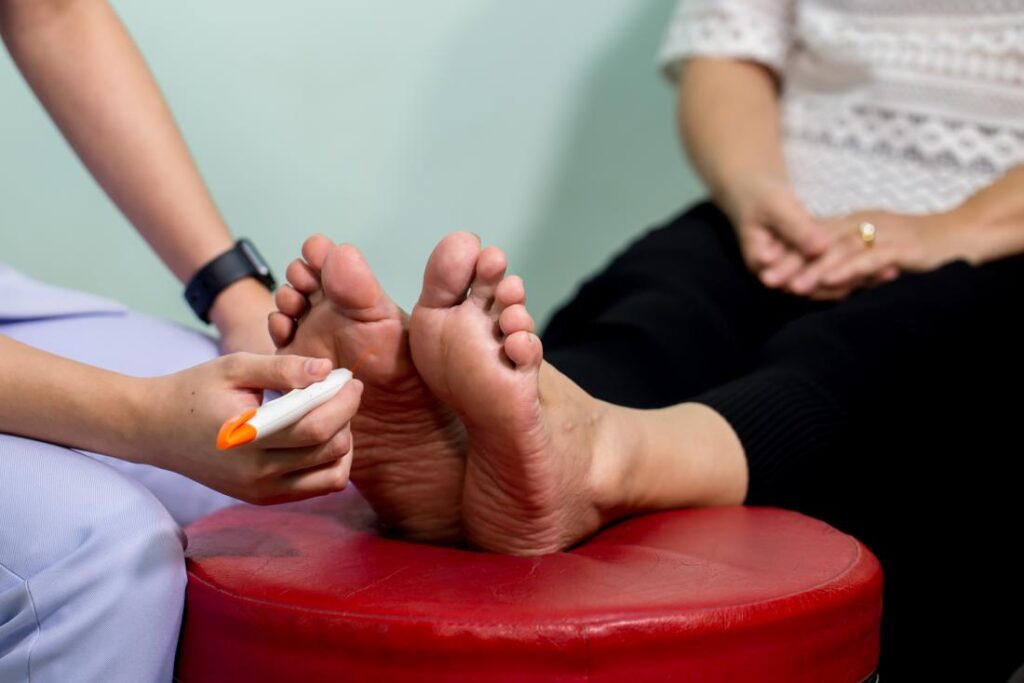Managing diabetes is a responsibility that requires diligent self-care. Nevertheless, even those who check blood sugar regularly and follow their treatment plan to a T cannot go it totally alone. Regular visits with your diabetes health care team are vital for identifying any issues early and making adjustments to keep you feeling your best. Check-ups provide a comprehensive look at how well you are managing the condition and allow your care providers to stay ahead of any emerging complications.
Monitoring Overall Health

Living with diabetes substantially increases your risks for other serious health conditions like heart and kidney disease if blood sugar isn’t kept under tight control. At comprehensive diabetes check-ups, usually done at least annually, your doctor will order blood and urine tests to detect any signs of complications and assess how well your body is managing insulin and glucose levels.
Preventing Vision Loss
One of the most common and devastating complications of uncontrolled diabetes is vision loss and blindness from diabetic retinopathy and other eye diseases. Fortunately, these can often be prevented or delayed through early detection and treatment. Your diabetes check-up should always include a dilated eye exam by an ophthalmologist or optometrist who can look for any concerning changes and address them promptly.
Catching Nerve Damage

Diabetic neuropathy, or nerve damage, frequently affects the extremities like feet and hands as high blood sugar levels wreak havoc. You may not even notice numbness or tingling at first. During check-ups, simple tests can reveal if you’re experiencing any loss of sensation, allowing treatment to preserve nerve function. This testing ties into diabetic foot care as well.
The Importance of Foot Care
One of the most important reasons for regular diabetes check-ups is to prevent severe foot problems before they start. Your doctor will inspect your feet closely, testing for circulation, feeling for pulse, looking for sores or cracked skin, and checking nerve reflexes. According to the doctors at Commonwealth Foot and Ankle, providers of diabetic foot care in Louisville, KY, even seemingly minor issues need to be addressed, as diabetes makes you prone to injuries, infections, and potential amputations.
Reviewing Medications
Over time, your medication needs may change as your body’s insulin resistance shifts. At check-ups, your doctor can review current dosages and make adjustments as needed to your regimen of insulin, metformin or other oral drugs. Getting levels under control as seamlessly as possible is crucial. Your doctor may also recommend therapies to help manage other related conditions.
Evaluating Lifestyle and Mental Health

Living with diabetes day-to-day can feel like a constant battle at times. Your check-up visits give you and your care team chances to openly discuss any struggles with diet, exercise, stress, anxiety, or other lifestyle factors that impact how well you’re able to manage the condition. Additional counseling support may be recommended if you are feeling burned out or depressed.
Establishing Consistency
While it may not seem crucial if you’ve been keeping up with self-testing and maintenance, sticking to a consistent check-up schedule allows your diabetes care team to spot any patterns and track how you’re responding to your regimen over months and years. This big-picture view informs if any modifications need to be made to help you live as healthily and actively as possible despite your diagnosis.
Conclusion
Managing diabetes daily is a big job, no doubt about it. But juggling it alone without regular professional oversight raises risks of developing dangerous complications that can severely affect your quality of life. Never skipping or delaying those vital check-up appointments means you give yourself the best chance for living a long, fulfilling life while keeping your diabetes well under control.






